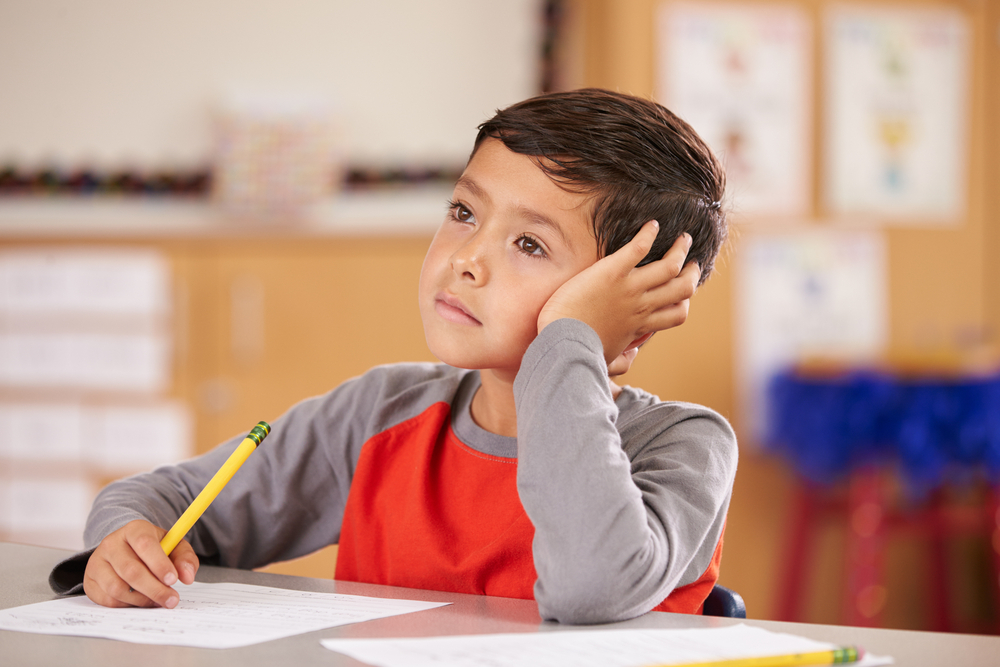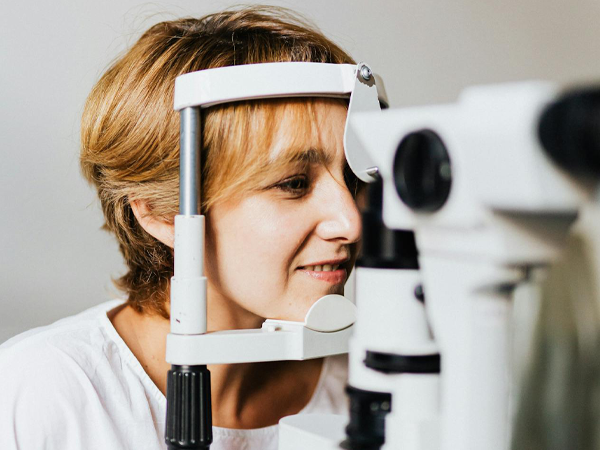
As a parent, it's distressing to see our child struggling in school. Even if your child is diligent with their studies, there might be an unseen issue affecting their performance. One such issue that often goes unnoticed is child vision issues.
Vision problems in children can lead to difficulties in reading, writing, and even in their overall cognitive development. If your child is having trouble in school, it might not be due to lack of effort or intelligence, but it could be a vision problem that is hindering their progress.
Understanding Child Vision Issues
Child vision issues refer to a range of conditions that affect the ability of children to see clearly and process visual information accurately. These conditions can be genetic, caused by injury or disease, or even due to environmental factors such as exposure to screens or poor lighting.
Some common child vision issues include nearsightedness (myopia), farsightedness (hyperopia), astigmatism, lazy eye (amblyopia), and color blindness, among others. Each of these conditions can impact your child's ability to perform in school, both academically and socially.
It's essential to understand that not all vision issues are immediately apparent. Your child may not even be aware that they have a vision problem, as they might think their vision is normal since they have nothing else to compare it to.
Common Signs of Vision Problems in Children
If your child is experiencing vision problems, there are some common signs you can look out for. These include frequent squinting or closing one eye, holding books or devices too close or too far, complaining of headaches or tired eyes, and difficulty keeping their place while reading.
Your child might also struggle with coordination, often bumping into things or having trouble with sports that require good hand-eye coordination. They might also frequently lose their place while reading or have trouble recognizing familiar faces from a distance.
These signs are not definite proof of a vision problem, but they are indicators that your child might need an eye exam. If you notice any of these signs, it's best to consult with an eye care professional.
The Impact of Vision Issues on School Performance
Child vision issues can have a significant impact on a child's school performance. Vision is a critical factor in learning, as around 80% of what a child learns in school is taught visually. From reading to writing, from mathematics to science experiments, good vision is essential.
If a child has vision problems, they may struggle to keep up with their classmates. They might find it difficult to read what's on the board, have trouble taking notes, or struggle with tasks that require fine motor skills. This can lead to a decline in grades and might even affect their self-esteem and social interactions.
The Importance of Regular Eye Exams for Children
Regular eye exams play a vital role in detecting and addressing child vision issues. These exams can identify vision problems early, allowing for timely intervention and treatment. Early detection can help prevent the problem from worsening and causing further difficulties in learning and development.
An eye exam is more than just a vision test. It's a thorough examination of your child's eye health and visual abilities. It can detect not only common refractive errors like myopia, hyperopia, and astigmatism but also serious eye diseases.
Remember, your child might not complain about vision problems, either because they are not aware of them or because they have learned to adapt. Regular eye exams are crucial to ensure your child's vision is healthy and to address any issues promptly.
Addressing Child Vision Issues
If your child is diagnosed with a vision problem, there are several solutions available. Treatment will depend on the type of vision problem, its severity, and the age of your child. Common treatments include eyeglasses or contact lenses, vision therapy, and in some cases, surgery.
Eyeglasses or contact lenses are often the first line of treatment for refractive errors like nearsightedness, farsightedness, and astigmatism. Vision therapy, a kind of physical therapy for the eyes and brain, can be an effective treatment for conditions like lazy eye, double vision, or convergence insufficiency.
Ensure Your Child’s Academic Success through Clear Vision Today
As a parent, you play a critical role in detecting and addressing your child's vision issues. Be vigilant for signs of vision problems and don't hesitate to schedule an eye exam if you suspect something is amiss. Early detection is key to preventing long-term vision damage and ensuring your child's academic success.
Addressing child vision issues is a crucial part of ensuring your child's overall well-being and academic success. Regular eye exams, being aware of the signs of vision problems, and timely intervention can help your child see clearly and succeed in school and beyond.
If you notice your child struggling this school year, consider getting their eyes examined with Cincinnati Vision Group at our Cincinnati, Liberty Township, West Chester, or Dayton, Ohio, offices. Call (513) 793-5970, (513) 712-5065, (513) 753-4981, (937) 579-0393, or (937) 435-4293 to schedule an appointment today.




